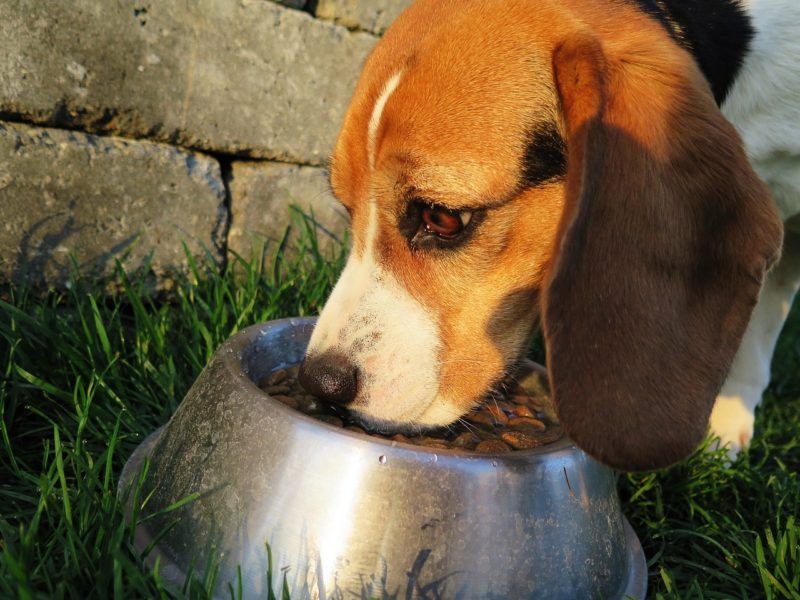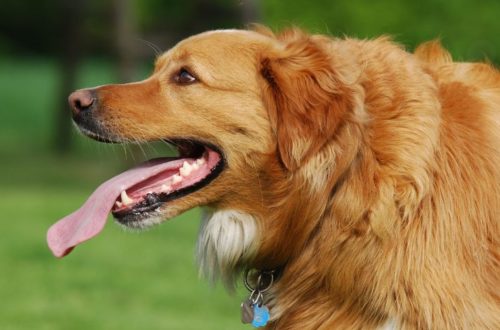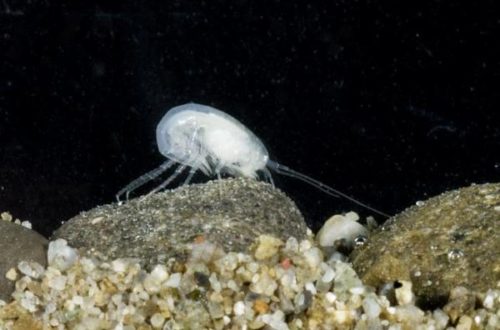Choosing Healthy Foods & Treats For Your Dog

Our canine companions provide us with a lot – loyalty, companionship, and even comfort. Because of this, we are moved to give them the best. That applies most strongly to what we feed them. Just like with our own bodies, we want to make sure our dogs are getting the best nutrition, and not eating the pupper equivalent of junk food. This is important for a lot of reasons, some of which are often overlooked. Here are some of the main things you should consider when choosing the right meals and snacks for your four-legged friends.
Your Pooch’s Health
Just like humans, dogs have certain nutritional requirements that need to be met for optimal health. These are dependent on factors such as size, age, weight, and activity. Small dogs, for example, do not require as many calories, while large dogs are prone to arthritis if they’re not getting the proper diet. Dogs can even get diabetes, a condition we humans know all too well.
Canine Dietary Needs
When it comes to buying food for your dog, the Association of American Feed Control Officials have strict guidelines for what certain phrases mean on food packaging. They have carefully evaluated the nutritional needs of dogs, and only those brands whose recipes are “complete and balanced” get to say so on their labels. The ingredients are listed by weight, which usually includes meat products from beef, chicken, lamb or fish before grain ingredients such as corn. If you decide to make your dog’s food yourself, check with your vet for nutritional specifics, because individual dogs have unique needs.
What Kinds of Foods to Look For
Dogs require a diet that is high in protein, fat, and low-fiber carbohydrates, with only a small amount of vitamins and minerals. Minerals should be limited to those which promote bone and tooth strength, and vitamins help with digestion. Dogs don’t need a lot of vitamins in their diet, and giving them too many through food or supplement can lead to hypervitaminosis, which is poisoning due to excessive vitamin consumption. Unless your vet has diagnosed your pet with a vitamin deficiency, it shouldn’t need extra vitamins.
When selecting meals and snacks for your canine companions, prioritize their well-being by choosing nutritionally balanced options. Ensure their diet meets specific dietary needs, promotes overall health, and avoids canine “junk food.” Opt for quality ingredients, and be cautious about introducing treats like pork pizzles, considering their nutritional impact on your furry friend’s diet.
These Foods Are a No-no!
What your dog does not need includes citrus fruits and yeast dough, among other things. These are among foods we don’t think about feeding our canines that are actually really dangerous to them. Grapes and raisins might cause kidney failure in your dog, while citrus fruits can cause upset stomach and diarrhea. Nuts, despite being high in proteins, fats, and essential oils, can cause digestive problems as well. Yeast dough interacts with a dog’s digestive system to become alcohol, which is potentially lethal to dogs. Table scraps should even be limited to only portions which you would also eat; scraps can be too high in fats and oils and thus be harmful to your dog. If you want to throw these foods, put them into a smart trash can to make sure your dog can’t access it easily.
Good Nutrition is Gradual
It is not necessary to spend too much time worrying about whether your dog is eating a completely balanced diet every single meal, whether you are buying the food or making it yourself. A good rule of thumb, similar to human nutrition, is to ensure they get the right amount of nutrients over the course of a week or two. This allows you to provide some variety in the dog’s day to day meals, and get an idea what healthy foods your dog prefers.
Conclusion
Many of us take great care to make sure we eat right so we don’t gain weight or experience complications such as diabetes, heart disease, or liver or kidney failure. Dogs are vulnerable to these same diseases, and can be protected the same way. Making healthy choices for your dog now can keep it by your side for years to come!
Would you like to receive similar articles by email?




